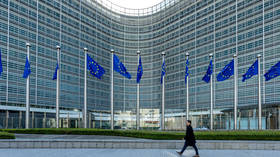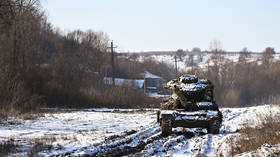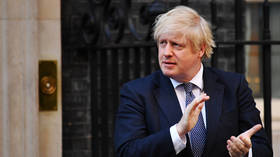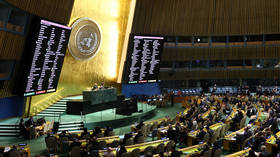No sweet deal: EU food authority found hiding health risks of world’s top sweetener

The world’s favorite artificial sweetener may pose severe health risks, University of Sussex researchers have found. They claim that the European food authority has been bottling up the alarming data for a while.
The study focused on aspartame, an artificial sweetener used worldwide in everything from diet soft drinks to chewing gum, and sold under brand names including NutraSweet, Candarel and Equal.
Also on rt.com A sign of the times? Poor children officially fatter than rich kids, study provesUK researchers analyzed the most recent report regarding the safety of the sweetener by the European Food Safety Authority (EFSA). They discovered that the panel dismissed the results of numerous studies detailing the harmful effects of the sweetener, while focusing their final assessment almost entirely on positive studies. For instance, out of the 73 papers that deemed aspartame dangerous, all 73 were thrown out by EFSA, while 84 percent of studies providing no evidence of its harm were found to be true.
Since 1974, when aspartame was approved for consumption in the United States, studies claimed that the sweetener caused a number of health problems, including liver and lung cancer, brain damage, and seizures.
Also on rt.com Cereal killers: Monsanto weedkiller that can ‘probably’ cause cancer found in children’s breakfastsHowever, the majority of health authorities worldwide claim the sweetener is safe. Sussex scholars believe that many of the studies deemed to be dubious by the EFSA panel provide far better empirical evidence on the harmful effects of the sweetener than those they relied on, so they see the entire assessment as false.
“This research adds weight to the argument that authorization to sell or use aspartame should be suspended throughout the EU, pending a thorough re-examination,” the study states.
Think your friends would be interested? Share this story!















